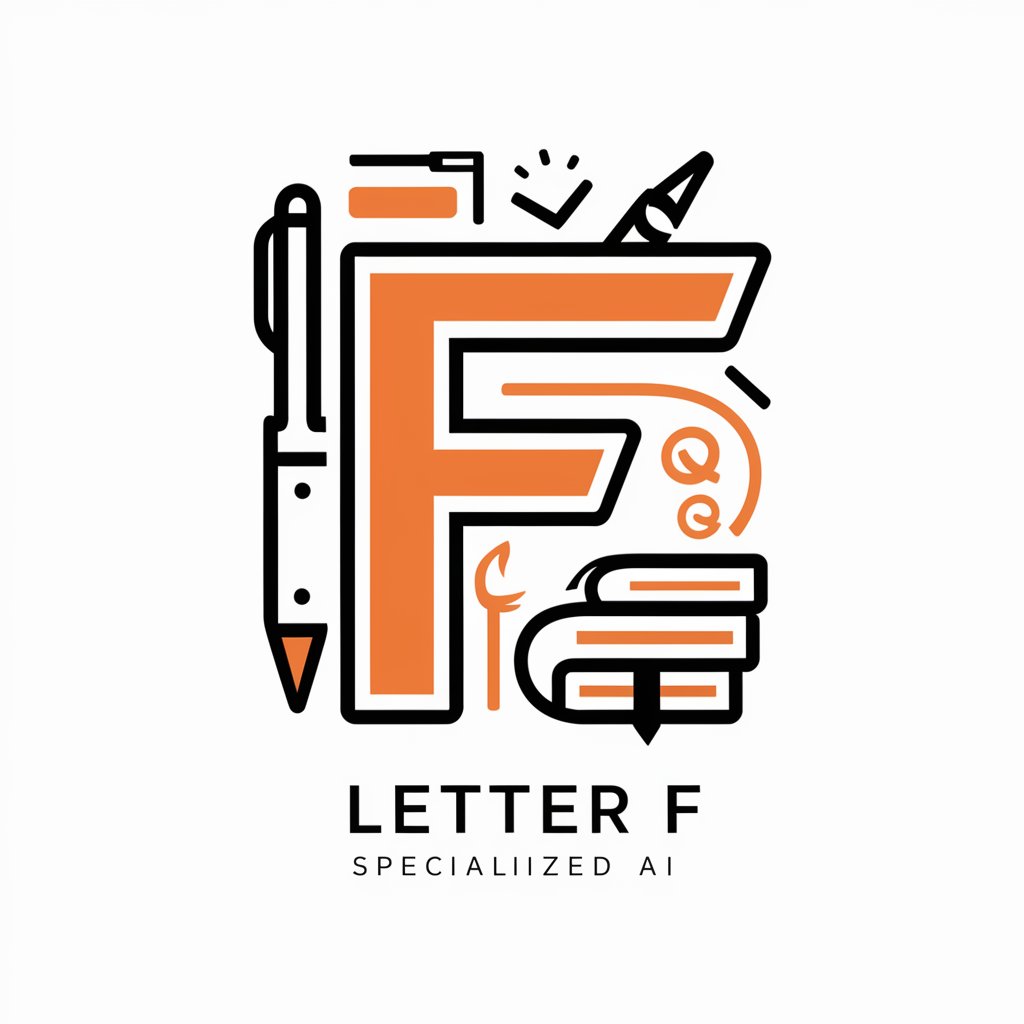Will and Last Testament - Will Drafting Guidance

Welcome! How can I assist you with your estate planning today?
Empowering estate planning with AI
How can I start drafting my will?
What are the essential elements of a last testament?
Can you explain the difference between a will and a living trust?
What are the legal requirements for a valid will?
Get Embed Code
Overview of Will and Last Testament GPT
The Will and Last Testament GPT is a specialized digital assistant designed to provide legal and informative guidance related to the drafting and understanding of wills and last testaments. Its primary purpose is to demystify the complexities surrounding estate planning, offering users insights into the legal implications of different clauses within a will, and guiding them through the process of creating a will that reflects their wishes. For example, it can explain the significance of appointing an executor, the importance of specifying guardians for minor children, or how to structure bequests to ensure they align with the testator's intentions. Powered by ChatGPT-4o。

Key Functions and Use Cases
Legal Guidance on Will Drafting
Example
Explaining the legal requirements for a will to be valid, such as the necessity of the testator's signature, witnesses, and the importance of clarity in the disposition of assets.
Scenario
A user is drafting their first will and is unsure about the legal formalities required for the document to be recognized by law. The GPT provides detailed steps on the process, ensuring the will meets all legal criteria.
Clarification of Estate Planning Concepts
Example
Defining terms like 'executor,' 'trustee,' 'beneficiary,' and the differences between various types of bequests (specific, general, residuary).
Scenario
Someone is confused about the role of an executor versus a trustee in their estate plan. The GPT offers clear explanations, helping the user decide how to structure their estate.
Advice on Complex Situations
Example
Guidance on how to handle complicated family dynamics, such as providing for a blended family or ensuring a fair distribution of assets among heirs.
Scenario
A testator with a blended family wants to ensure that both their biological and stepchildren are treated fairly in their will. The GPT suggests possible approaches to achieve this goal, emphasizing the need for precise language and fair consideration.
Target User Groups
Individuals Planning Their Estate
People of any age who are beginning the process of estate planning, whether they have a small or large estate. They benefit from understanding the legal requirements and implications of their decisions in a will, ensuring their assets are distributed according to their wishes.
Legal Professionals Seeking Reference
Attorneys or paralegals who might use the GPT for quick references or to confirm their understanding of specific legal concepts related to wills and estates. It serves as a supplementary tool, providing quick access to information that can aid in advising clients.
Educators and Students
Academic professionals and students studying law, particularly those focusing on estate law, who use the GPT as an educational tool to better understand the nuances of will drafting and estate planning. It provides detailed explanations and examples that enrich their learning experience.

Guidelines for Using Will and Last Testament
Start Your Journey
Begin by accessing a platform offering Will and Last Testament tools, such as visiting a specific website for a free trial that doesn't require login or subscription to premium services.
Gather Necessary Information
Compile all necessary personal information and documents, including assets, debts, beneficiary details, and any specific wishes or instructions for your estate.
Draft Your Will
Use the tool to draft your Will, guided by prompts or templates that help ensure all legal requirements are met and your intentions are clearly expressed.
Review and Revise
Carefully review your draft, considering legal advice if necessary, to ensure it accurately reflects your wishes and complies with local laws.
Finalize and Secure
Finalize your Will by following the required legal formalities for signing and witnessing, then store it securely while ensuring that executors or beneficiaries know its location.
Try other advanced and practical GPTs
Woman
Empowering conversations on gender and womanhood.

Soy
Empowering your diet with soy's versatility

Sauna
Harnessing Heat for Health and Relaxation

Tea Cup
Explore Tea Culture with AI

F
Unleash the Power of 'F' with AI

Labor Estimator
Empower Your Projects with AI-Powered Labor Estimations

Lung Cancer
Empowering knowledge on lung cancer, powered by AI.

The Adventures Of Linda Bohannon meaning?
Empowering creativity with AI

Happy
Empowering your journey towards happiness

Introvert
Empowering Introverts with AI

Corruption
Empowering Integrity with AI

Chord Progression Generator
Craft Your Music with AI

FAQs About Will and Last Testament
What is a Will and Last Testament?
A Will and Last Testament is a legal document that outlines your wishes regarding the distribution of your assets and the care of any dependents after your death.
Why is having a Will important?
Having a Will ensures that your assets are distributed according to your wishes, can help minimize estate taxes, and prevents the complexities of intestate succession laws from taking effect.
Can I write my own Will?
Yes, you can draft your own Will, but it's crucial to ensure it meets all legal requirements of your jurisdiction to be considered valid.
How often should I update my Will?
You should review and potentially update your Will after major life events, such as marriage, divorce, the birth of a child, or significant changes in assets.
What happens if I die without a Will?
If you die without a Will, your assets will be distributed according to the intestacy laws of your state or country, which may not align with your personal wishes.
